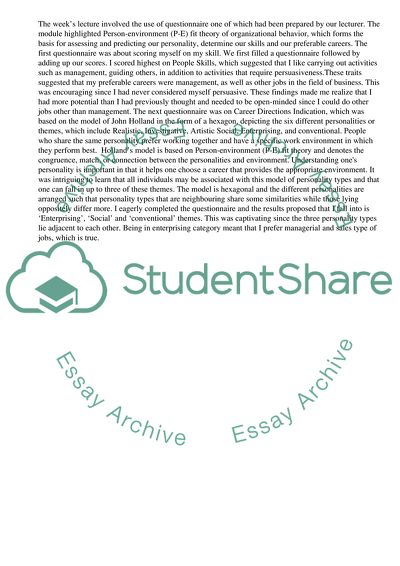Cite this document
(“Career Coaching & Personal Development Assignment”, n.d.)
Career Coaching & Personal Development Assignment. Retrieved from https://studentshare.org/management/1600451-career-coaching-personal-development
Career Coaching & Personal Development Assignment. Retrieved from https://studentshare.org/management/1600451-career-coaching-personal-development
(Career Coaching & Personal Development Assignment)
Career Coaching & Personal Development Assignment. https://studentshare.org/management/1600451-career-coaching-personal-development.
Career Coaching & Personal Development Assignment. https://studentshare.org/management/1600451-career-coaching-personal-development.
“Career Coaching & Personal Development Assignment”, n.d. https://studentshare.org/management/1600451-career-coaching-personal-development.


